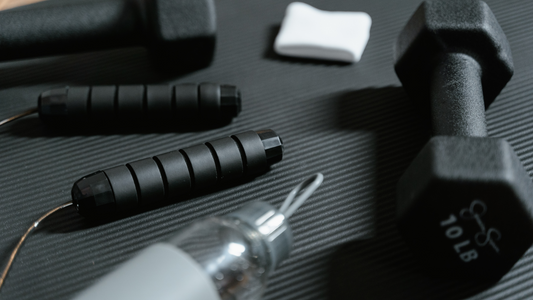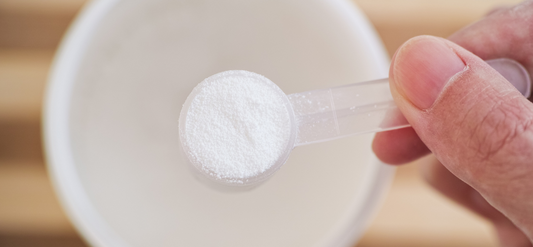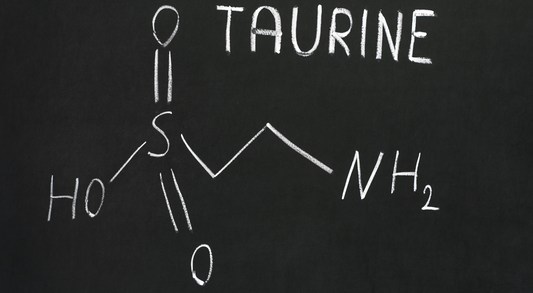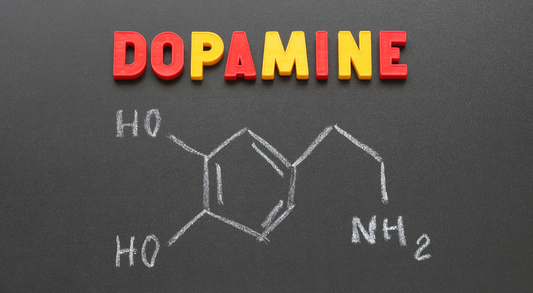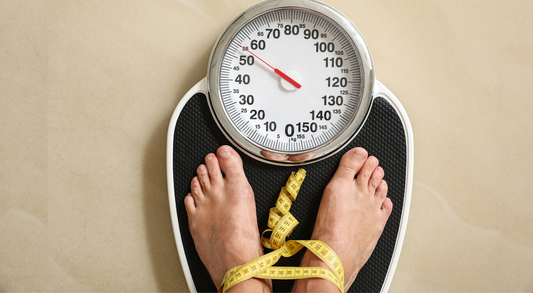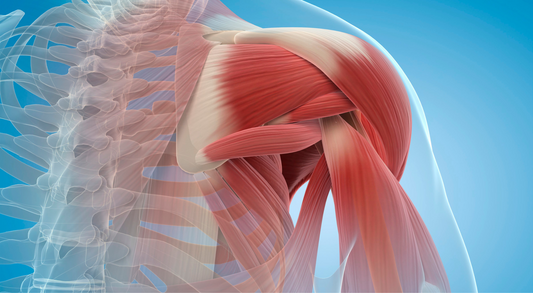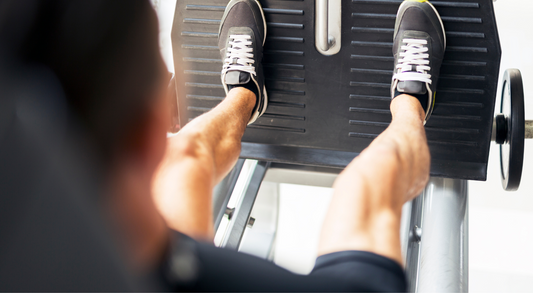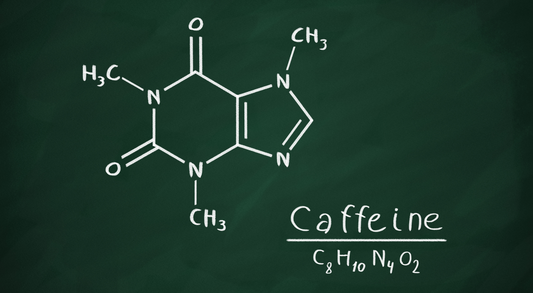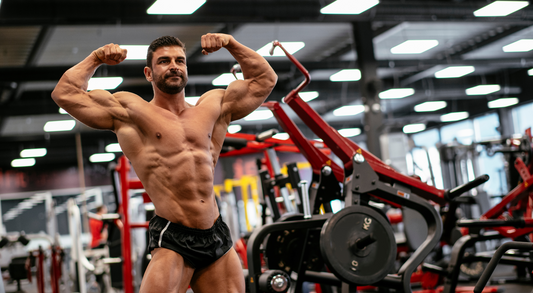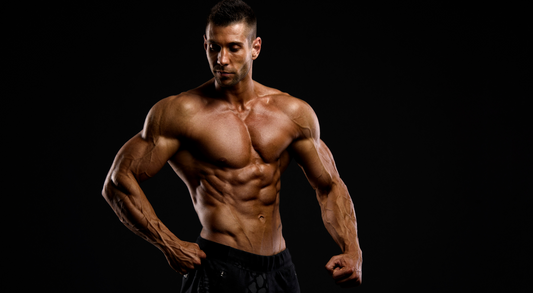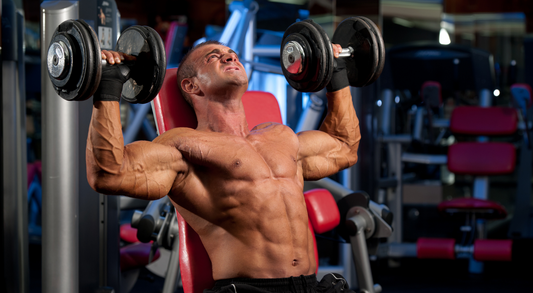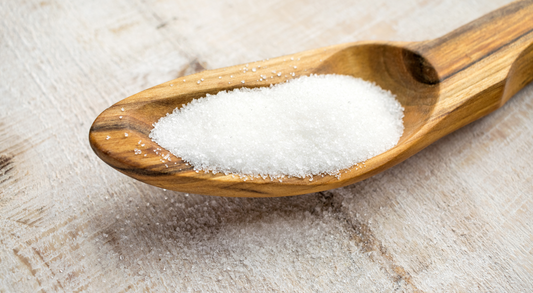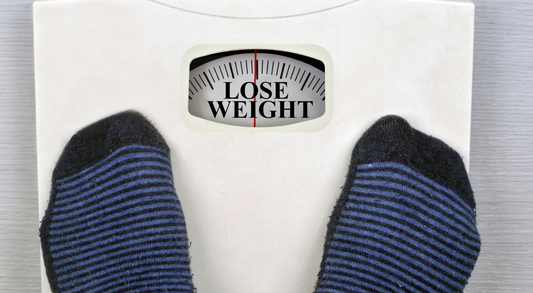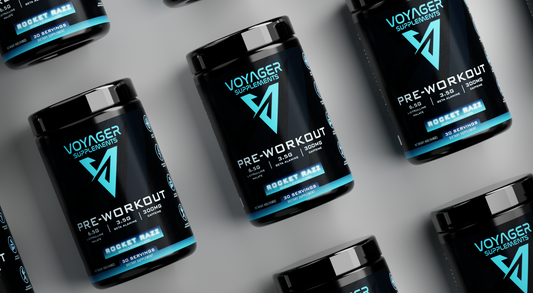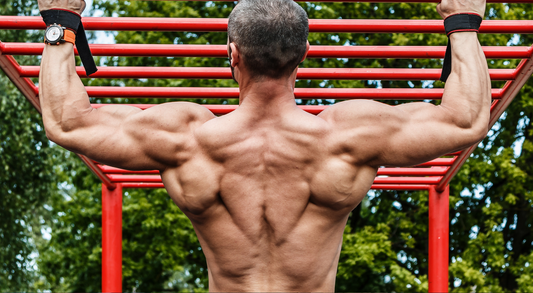One of the most debated topics in the fitness community is the relationship between cardiovascular exercise and muscle growth. The question, "does cardio kill gains?" is frequently asked by those invested in strength training and muscle building, especially among individuals who rely on fitness supplements to augment their routines. Through extensive research and expert insights, we aim to provide clarity on this topic.
Understanding Cardio's Impact on Muscle Growth
Cardiovascular exercises, commonly known as cardio, primarily target the heart and lungs, improving endurance and cardiovascular health. Contrary to popular belief, engaging in cardio doesn't directly lead to muscle loss. Instead, it's the caloric deficit and potential muscle fatigue from excessive cardio that might inhibit muscle growth.
When someone does prolonged cardio sessions and doesn't compensate with adequate calorie intake, the body can enter a catabolic state. This means it starts breaking down muscle tissue for energy, which can hinder muscle gains. Additionally, excessive cardio might lead to muscle fatigue, making it challenging to perform strength training exercises effectively.
The Role of Fitness Supplements in Cardio and Muscle Growth
For those who include fitness supplements in their regimen, understanding their role in the cardio-muscle growth relationship is essential. Supplements designed to enhance performance or boost energy can be beneficial for those juggling both cardio and strength training.
For instance, branched-chain amino acids (BCAAs) can prevent muscle breakdown and reduce muscle soreness, potentially countering the catabolic effects of intense cardio. On the other hand, consuming a pre-workout supplement before cardio can increase endurance, allowing for a more effective and longer workout without depleting energy stores drastically.
Striking the Right Balance Between Cardio and Strength Training
Balance is the key to ensuring cardio doesn't impede muscle growth. It's not about avoiding cardio but integrating it smartly into a workout routine.
For individuals aiming for muscle hypertrophy, experts suggest limiting high-intensity cardio sessions and focusing more on low-intensity, steady-state (LISS) cardio. This approach allows one to reap the benefits of cardiovascular exercise without exerting undue stress on the muscles.
Timing is also a factor worth considering. If combining strength training and cardio in one session, it's often recommended to do strength training first. This ensures that the muscles are not fatigued when lifting weights, maximizing muscle growth potential.
Real-life Scenarios: Athletes, Bodybuilders, and Fitness Enthusiasts
Examining real-life scenarios can provide further clarity. Athletes, for instance, often require a mix of strength, speed, and endurance. Therefore, integrating both cardio and strength training is essential for them. Bodybuilders, aiming primarily for muscle size and definition, might limit their cardio to maintain a caloric surplus and promote muscle growth. Fitness enthusiasts should evaluate their specific goals – be it weight loss, muscle gain, or general health – and adjust the cardio-strength training balance accordingly.
The question of whether cardio kills gains isn't black and white. The interaction between cardiovascular exercise and muscle growth is complex and influenced by various factors, including workout intensity, duration, and nutrition. For those invested in fitness supplements, understanding how these products can support both cardio and muscle-building endeavors is paramount. Ultimately, achieving one's fitness goals is about adopting a well-rounded approach, listening to one's body, and making informed decisions based on individual objectives.






